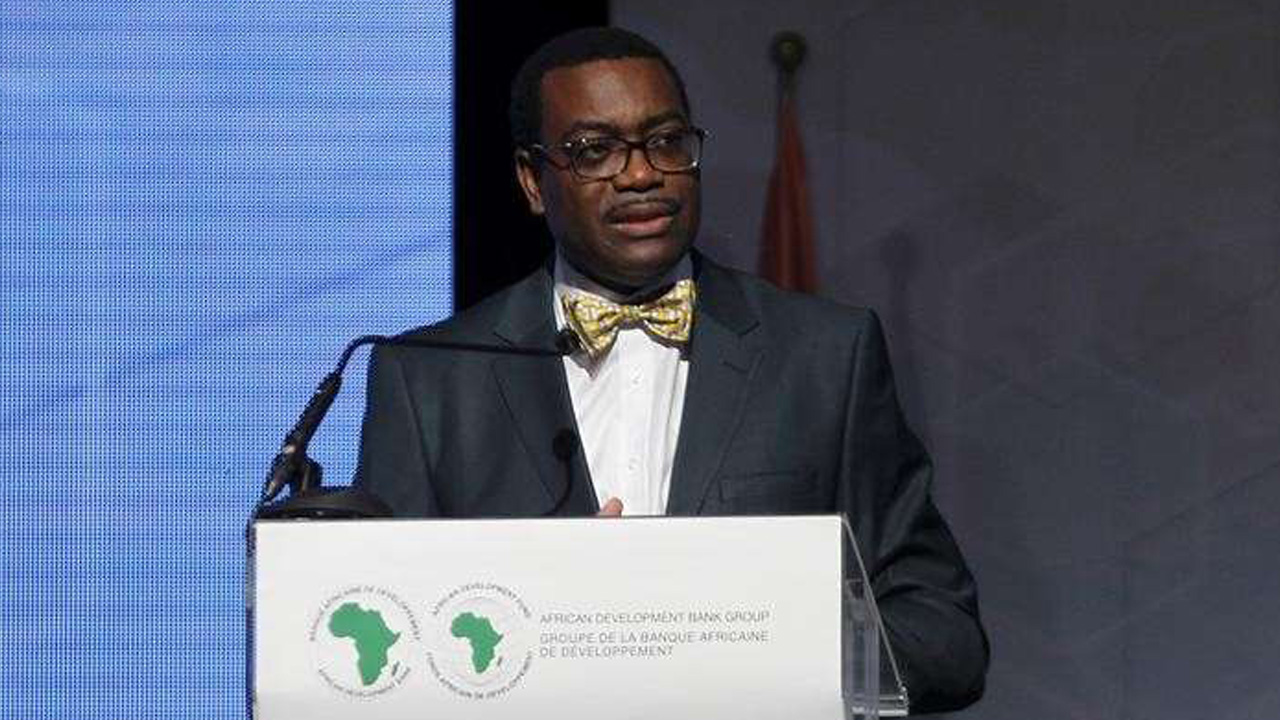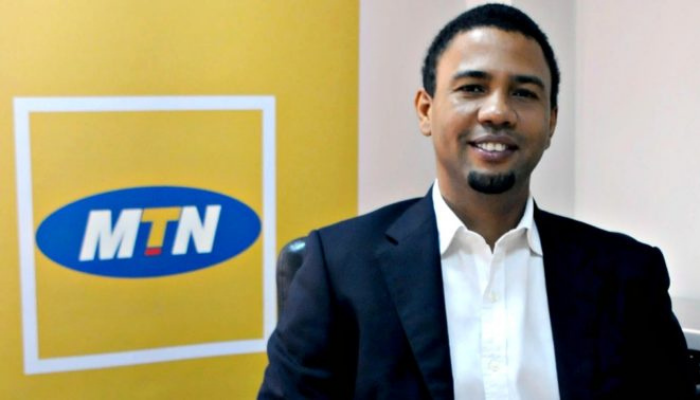Quenching a Thirst – Beverages in Africa
Africa has a vibrant beverage culture that is evolving at pace. On the one hand, offering a wider selection of drinks that cater to new shopping behaviours, and on the other opening up exciting opportunities for local producers, entrepreneurs, and multinational beverage companies looking to tap into this diverse marketplace.
Smollan representing some of the world’s most loved FMCG and commerce brands dips into the types of distribution channels for beverages in Africa, and a few of the challenges and opportunities that keeps the industry on its toes.
As retailers explore the intricacies of beverage distribution in Africa, this space has experienced significant changes and growth in recent years. To give one a sense of direction, if one looks purely at the alcoholic drinks market in Africa, according to Statista, revenue is set to amount to US$93.24bn in 2023 and expected to grow annually by 7.32% between 2023 and 2027.

Leading up to this, the most notable shifts have been seen in the rise of modern retail formats, such as supermarkets and convenience stores, which have become increasingly popular in urban areas. These retailers offer a wide range of beverage options, including both local and international brands to meet the demands of a diverse consumer base. So too, ecommerce has taken off gaining traction in Africa, enabling shoppers to order beverages online especially beneficial in areas with limited access to physical stores.
Furthermore, there has been a rise in specialised beverage stores and cafes that focus on specific types of drinks from coffee shops offering artisanal brews or traditional teas. It’s all about connecting with customers in new ways by creating unique experiences where enthusiasts can explore different tastes and sensory pleasures and appreciate different beverage cultures.
So how do these new moves to quench a thirst in Africa relate in terms of distribution and the supply chain and what are some of the opportunities and challenges faced within this evolving space?
Warren Brett Cluster Executive, SEA Region, Smollan said, “First and foremost, kudos must go to the wholesalers and distributors, who are the amazing unsung heroes of beverage distribution in Africa. Intermediaries responsible for getting the job done well within the context of fragmented retails networks and complex marketplaces. Working with infrastructure issues, logistics, inadequate cold chain facilities and red tape, they enable and unlock exciting opportunities for growth in this sector.”
Within this unique at times fragile African context understanding the nuances of distribution channels is key to unlocking growth and establishing a strong market presence.
Traditional distribution channels
These markets play a vital role, especially in regions with limited access to modern retail outlets. The variety at roadside vendors and in village marketplaces, in most instances can be eye-opening – offering locally produced drinks such as palm wine and sorghum beer to bottled water, soft drinks, and alcohol. Where smaller-scale entrepreneurs compete alongside more established multinational brands, making these markets a significant part of the informal economy.
read also Ghana’s Injaro Backs Local FinTech Zeepay with $2M Investment
Modern distribution channels
Supermarkets and hypermarkets have grown significantly, primarily due to urbanisation and evolving customer preferences. These urban retail powerhouses have become a fixture in large cities offering a broad selection that includes soft drinks, bottled water, fruit juices and alcohol plus, premium imported brands. Making these outlets key for global brands to reach consumers. In addition, the convenience of air-conditioned shopping spaces, a guarantee of quality and multiple payment options makes for an attractive shopping experience.
Digital distribution channels
As access to the internet improves and smartphone penetration grows on the daily, ecommerce and mobile commerce are gaining traction in Africa. These digital platforms offer extensive product selections that are convenient and cater to busy urban lifestyles. Local retails and manufacturers partner with online marketplaces and delivery services to offer fast, reliable fulfilment for consumers plus, payment options from mobile money to credit and debit cards and cash on delivery.
CHALLENGES THAT BECOME OPPORTUNITIES
Right now, global beverage brands and local and regional producers are making significant inroads in various African markets by blending distribution channels to connect with consumers. Furthermore, local players are often keen to invest in local production to create an advantage in price and route to market. Overcoming the challenges to leverage penetration is key for success. If we look at traditional markets, hygiene, quality control and infrastructure are the most common stumbling blocks. While the growth of modern distribution channels has led to increased competition among beverage brands, making price sensitivity a key factor in purchasing decisions. Alongside this, ecommerce channels need to work around issues such as logistics, infrastructure limitations, and trust-related issues in term of payments, delivery, and accessibility.
Kelechi Deca

Kelechi Deca has over two decades of media experience, he has traveled to over 77 countries reporting on multilateral development institutions, international business, trade, travels, culture, and diplomacy. He is also a petrol head with in-depth knowledge of automobiles and the auto industry




















